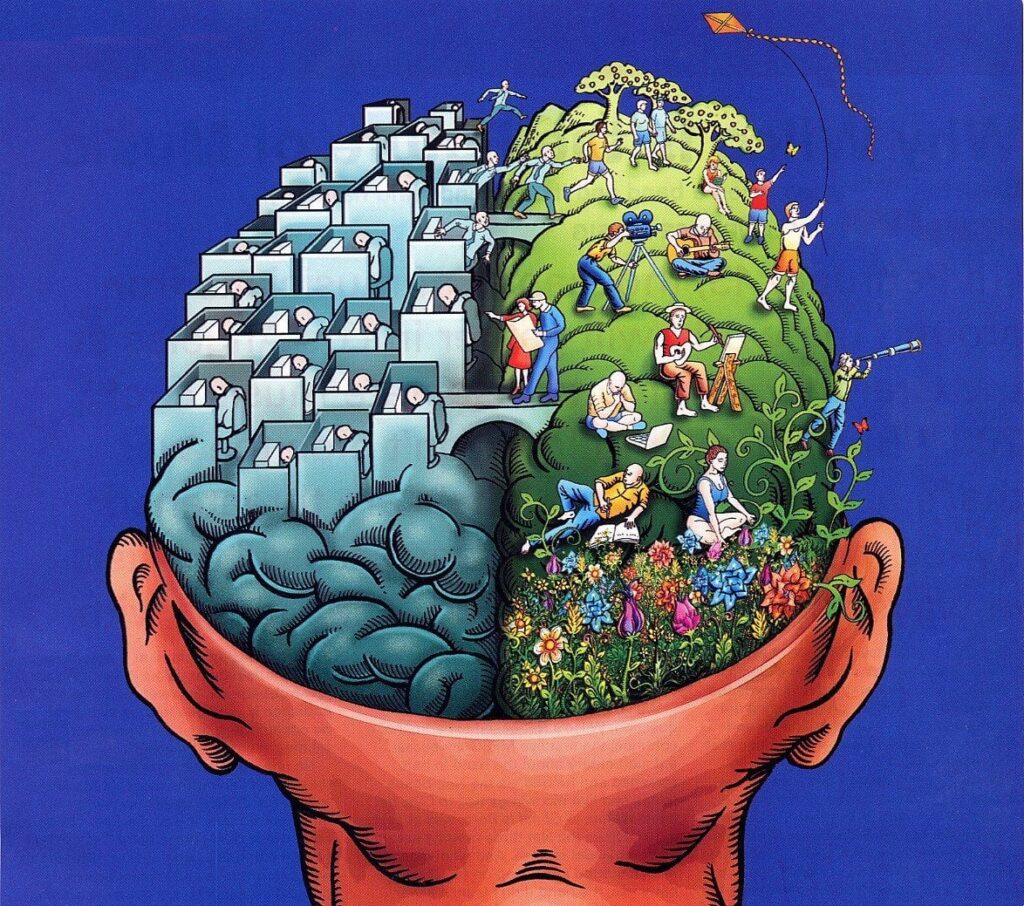
The Impact of Open Science on Our Minds
The Impact of Open Science on Our Minds https://opusproject.eu/wp-content/uploads/2024/01/brain-power1-1024x906.jpg 1024 906 Open and Universal Science (OPUS) Project Open and Universal Science (OPUS) Project https://opusproject.eu/wp-content/uploads/2024/01/brain-power1-1024x906.jpgOpen science is like a breath of fresh air in the world of research and discovery. It’s a movement that encourages scientists to share their findings openly with the global community. But beyond its implications for the scientific community, open science also has a profound psychological impact on individuals. In this article, we’ll explore the psychological effects of open science in simple terms.
- Democratizing Knowledge:
One of the significant psychological effects of open science is the feeling of inclusion and democratization of knowledge. Traditional scientific research was often hidden behind paywalls or exclusive journals. Open science, however, opens the doors for everyone to access information freely. This inclusivity fosters a sense of empowerment, making individuals feel that knowledge is not confined to a select few.
- Collaboration Over Competition:
Open science promotes collaboration over competition. In the traditional model, researchers might be reluctant to share their work for fear of being scooped by a competitor. With open science, there’s a shift towards a more collaborative environment. This change in mindset can reduce stress and foster a sense of community among scientists.
- Public Engagement and Trust:
By making scientific findings more accessible to the public, open science helps build trust between the scientific community and the general public. When people can understand and engage with the research process, it demystifies science and creates a stronger bond between researchers and society. This increased transparency can contribute to a more positive perception of the scientific community.
- Accelerating Discovery:
Open science accelerates the pace of discovery by allowing researchers to build on each other’s work. This rapid exchange of information can be mentally invigorating, as scientists see the collective progress happening in real-time. The excitement of contributing to a growing body of knowledge can have a positive impact on the mental well-being of researchers.
- Reducing Researcher Isolation:
The traditional model of scientific research sometimes led to isolation, with researchers working in silos. Open science, with its emphasis on collaboration and sharing, helps break down these barriers. The sense of being part of a global network of researchers can alleviate the feelings of isolation that some scientists may experience.
Breaking the Chains of Isolation:
In simple terms, the psychological effects of open science are like rays of sunlight breaking through the clouds. It brings a sense of inclusivity, collaboration, and trust to the scientific community. As the world embraces open science, not only does it transform the way we discover and share knowledge, but it also positively impacts the minds of those at the forefront of exploration and innovation. Open science is not just about open access to information; it’s about opening minds to a new era of scientific discovery.
Photo via Buffer
- Posted In:
- Open Science News




